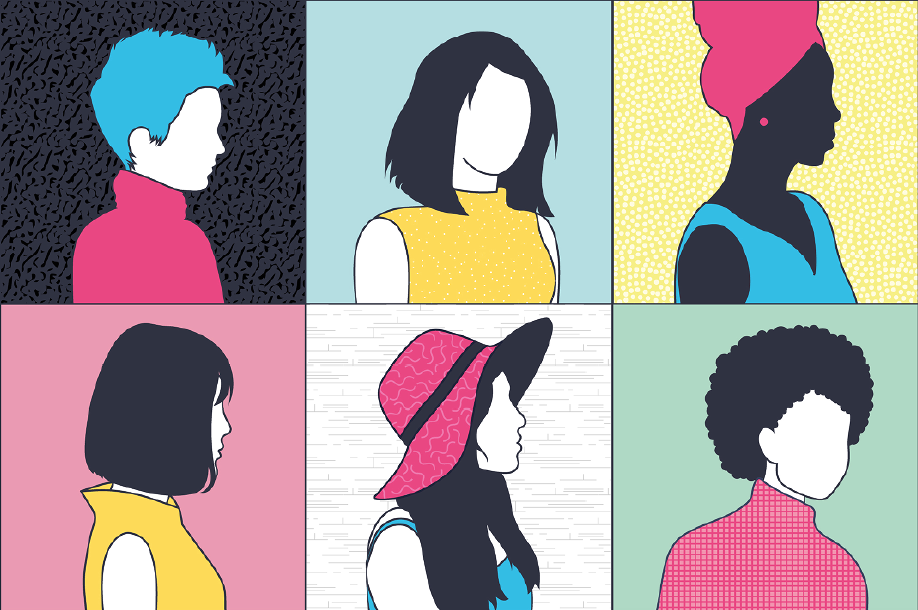Responding to the urgent need for change in 2021 EHRA has focused on increasing access to comprehensive care for women who use drugs and experience violence and together with partners developed The Guide “Help Impossible to Ignore”.
According to the World Health Organization (WHO), one-in-three women experiences intimate partner violence. Now an alarming situation with the increased rates of domestic/ intimate partner violence have been observed in relation to COVID-19 epidemic.
Women who use drugs are three-to five times more likely to experience gender-based violence than women in general. They are often caught up in a vicious cycle of gender-based violence and drug use where the stress and trauma of violence perpetuate the women’s drug use, and the actions and behaviors associated with drug use expose them to heightened risk of violence.
Women who use drugs and/or are involved in drug trafficking face multiple, mainly gender-based, stigmas and discrimination in society. They tend to have lower social and economic status within the community of people who use drugs which means that they face multiple health risks and barriers when trying to access services intended for survivors of gender-based violence. Quarantine measures worsen this situation even more with disrupted service provision, loss of income, restrictions on public transport, etc.
The Guide was developed by EHRA in partnership with Eurasian Women’s Network on AIDS (EWNA), which has a mission of protecting the rights of women living with, and vulnerable to, HIV, empowering them, making their stories and voices heard and enabling them to play a meaningful part in decision-making processes at different levels.
The author of the Guide is Halyna Korniienko from Ukraine with a vast experience in advocating for the rights of women who use drugs, working with paralegals, advocates and organizations providing services for women who use drugs and experience violence.
EHRA prepared this document as part of the project, “Access to comprehensive care for women using drugs in case of violence”, which is, in turn, part of a wider regional project entitled, “Sustainability of Services for Key Populations in Eastern Europe and Central Asia”. The latter is implemented by a consortium of EECA-based organisations led by the Ukraine-based Alliance for Public Health in partnership with 100% Life (formerly known as the All-Ukrainian Network of PLHIV), the Central Asian Association of People Living with HIV and the Eurasian Key Populations Health Network, with financial support from the Global Fund to Fight AIDS, Tuberculosis and Malaria.
The views expressed in this publication are solely those of the authors and do not necessarily reflect the views of the organisations that comprise the consortium and/or the Global Fund to Fight AIDS, Tuberculosis and Malaria.
The Global Fund to Fight AIDS, Tuberculosis and Malaria was neither involved in the preparation and approval of this document, nor in the conclusions arising from it.
On June 15, 2021 EHRA held an event to present the Guide and opportunities for its use in organizing services for women who use drugs and experience violence and also to highlight the problems of women who use drugs and experience violence when searching for help, challenges and possibilities in addressing their needs.
Speakers and presentations:
Halyna Korniienko, Guide “Help Impossible to Ignore”. Recommendations for use
Yelena Bilokon, BARRIERS FOR WOMEN WHO USE DRUGS TO ACCESS CRISIS CENTERS IN CASE OF VIOLENCE, IDENTIFIED DURING THE COVID-19 PANDEMIC IN KAZAKHSTAN
Facilitator:
Ganna Dovbakh


